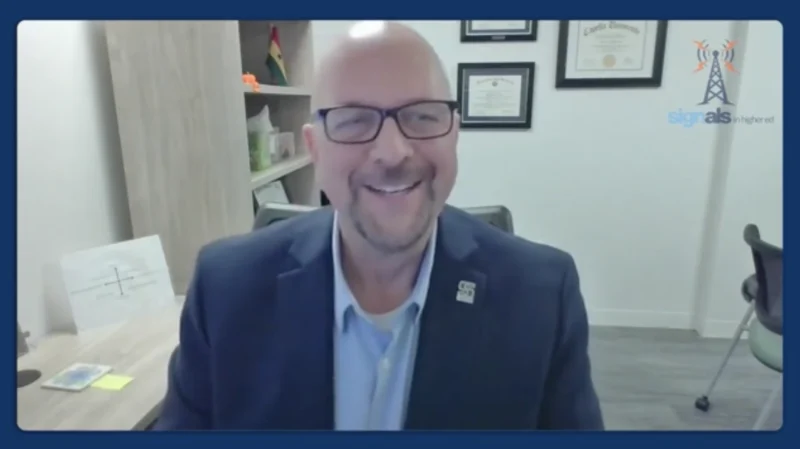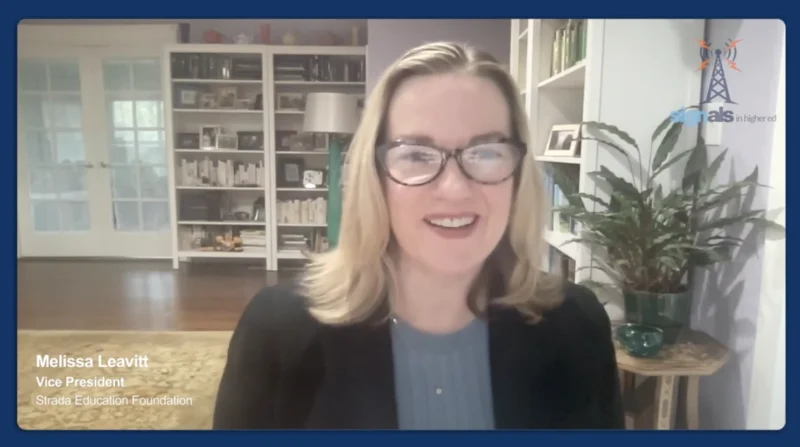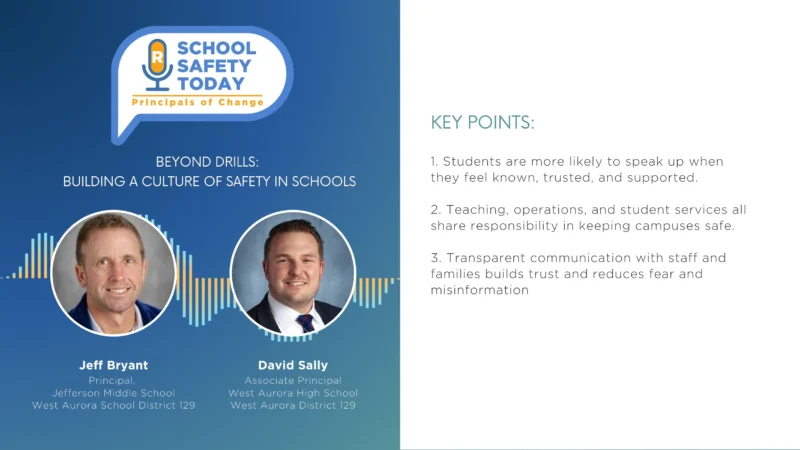How School Security Bidding Falls Short
In this episode of SecurED, Mike Monsive, CEO of ASAP Security, and Mike Matranga, CEO of M6 Global Defense, take a deep dive into the flaws in the legislative process and the repercussions these flaws have on school security.
The Flawed Process:
Monsive begins by highlighting the fundamental flaws in the legislative process, particularly in relation to school security. He emphasizes that legislators often lack a comprehensive understanding of how laws are written and applied, leaving critical issues unaddressed. The conversation delves into the limitations of conveying important messages within a constrained time frame, such as the mere three minutes allocated during school board meetings. Monsive and his colleagues made multiple attempts to reach out to consultants and school authorities well in advance, but their calls remained unanswered. Monsive’s commitment to this cause drove him to document these neglected attempts.
Process Flaws Amplified:
Matranga and Monsive go on to discuss how the process was flawed from the beginning, with a lack of due diligence and communication on the part of the consultants. They question how districts can claim they did their due diligence when they never initiated interviews with experts like Monsive. Despite the consultant’s extensive experience in the field of school security, the process continued to be mishandled.
Questioning Consultant Utilization:
Matranga raises an essential question: why do school districts persist in utilizing consultants with a history of flawed processes? Monsive expresses his perplexity at this pattern. Often, the choice to work with certain consultants is based on reputation alone, without a deep consideration of their track record. He stresses the recurring problem where architects, consultants, and engineers avoid taking responsibility for errors and omissions. This failure to hold them accountable leads to substantial challenges and costs during project execution.
Lack of Accountability:
Monsive laments that school districts hesitate to confront architects and engineering firms, even when their mistakes result in significant financial losses due to change orders. These firms are expected to be professionals, ensuring that projects are executed correctly. However, school districts frequently hesitate to pursue claims against these consultants. This raises questions about accountability within the industry and why mistakes are consistently overlooked.
Future Ramifications:
Matranga and Monsive anticipate that the full impact of these flawed projects won’t be realized for years. It will be several years before the districts involved discover the extent of the concessions they’ve made and how detrimental they are. By the time these projects reach their final installations, the initial installations may already need replacement due to poor construction and specifications.
In conclusion, this episode of SecurED underscores the critical need for accountability, transparency, and a more robust legislative process in the domain of school security. It highlights the importance of recognizing and rectifying errors early on to ensure the safety and effectiveness of security measures in educational institutions.




